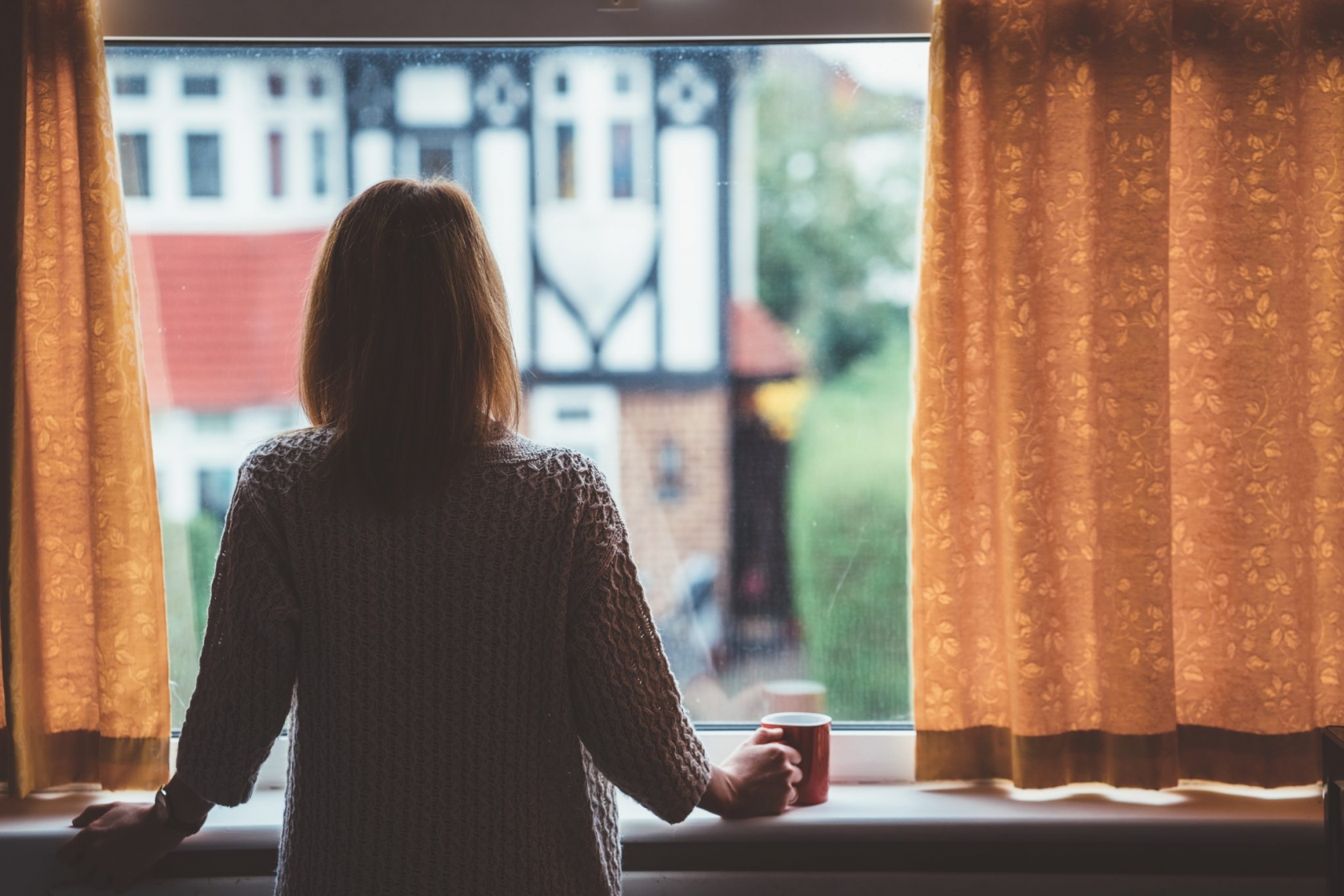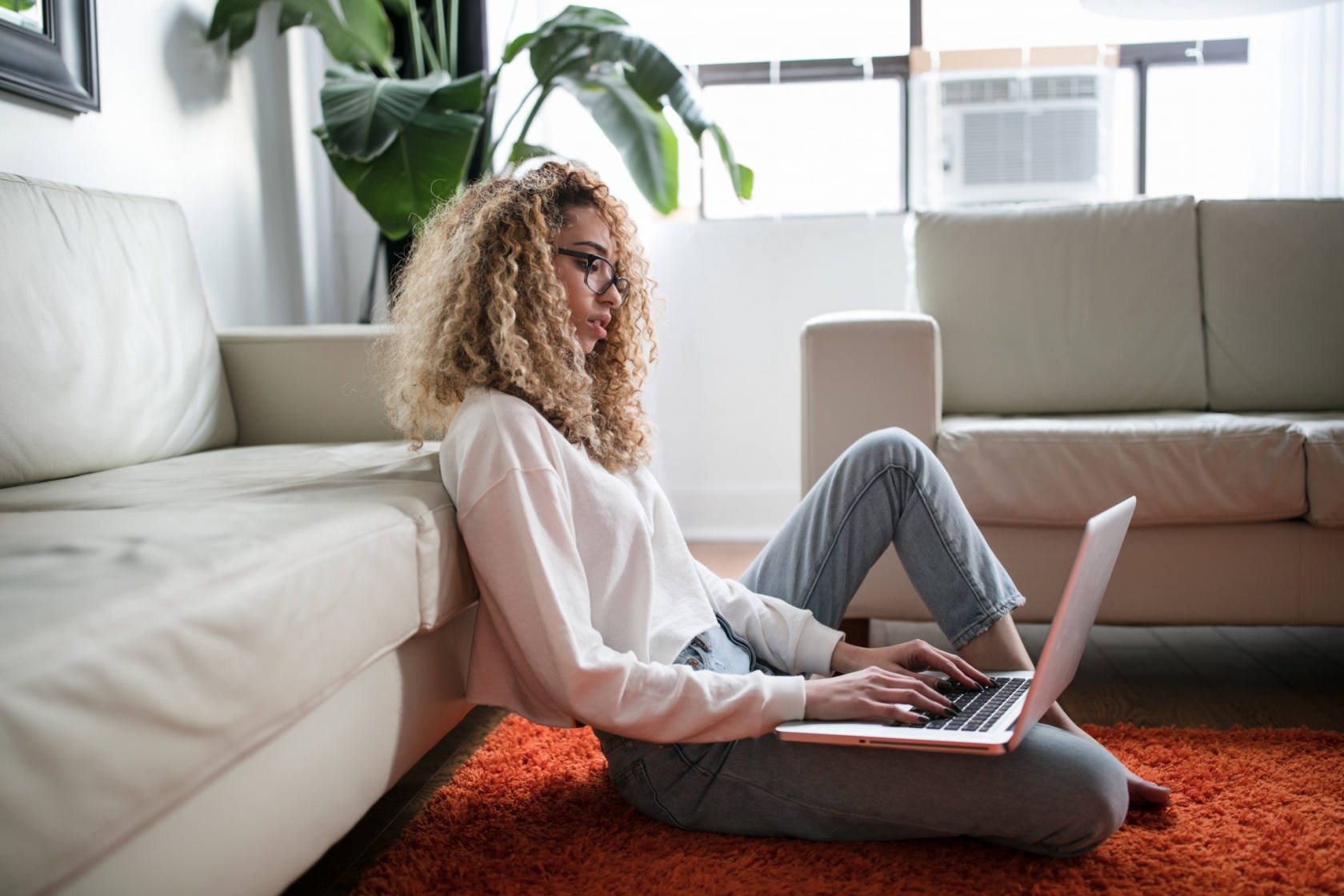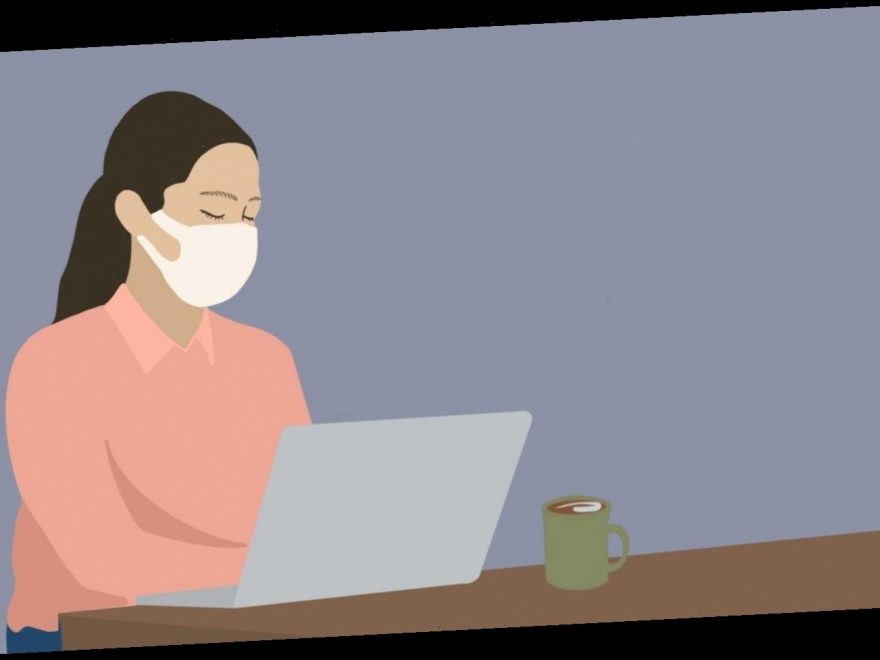As lockdown restrictions continue to ease and the government puts pressure on workers to go back to the office, many people have been left feeling anxious about the prospect of returning to the workplace.
For those people who have been working from home since the beginning of the coronavirus pandemic, navigating a return to the office is no mean feat. But as lockdown eases and the government amps up calls to for office staff to “go back to work” (as if they haven’t been working throughout the pandemic), going back to the office is becoming a reality for more and more of us.
Although going into the office before the coronavirus pandemic may have felt pretty unremarkable, it’s only natural to feel a bit uneasy about returning after so many months away from your desk.
Adapting to any kind of change is difficult, but when you add in the fact that many people are still anxious about catching Covid-19 and/or transmitting it to vulnerable friends and family members, it’s hardly surprising that so many are dreading going back.
After all, it’s a complete shift in mindset: instead of staying home and sheltering ourselves from the virus, we’re now being told it’s OK to get on the Tube and return to our pre-corona lives.
Add to that the fact that many people are experiencing the familiar ‘return to work’ dread you might feel after some time away from the office, and it’s no surprise so many people are finding the prospect of returning to work anxiety-inducing.
According to research by Bupa Health Clinics, 65% of British workers feel anxious about their return to the office, with 42% of respondents saying one of their main concerns was being able to properly socially distance while in the workplace. Other concerns included fears about commuting (38%) and the office not being clean enough (37%).

If you’re feeling anxious about returning to work after lockdown, you’re definitely not alone. The coronavirus pandemic has posed one of the biggest threats to public health we’ve seen in a generation – and with talk of a second wave and the potential for local outbreaks fuelling our anxiety levels, it’s no surprise that many people are feeling apprehensive about spending time around people outside their household.
So what can you do if you’re anxious about returning to work after lockdown, and what should your employer be doing? We asked Dr Arun Thiyagarajan, medical director for Bupa Health Clinics, to give his advice for handling back to work anxiety.
Share your feelings
If you’re feeling anxious about returning to work, it’s important to share how you’re feeling with your line manager and/or your colleagues – chances are, they’re feeling the same.
“Although this may be obvious, many people struggle to talk about their feelings,” Thiyagarajan says. “If you’re feeling anxious about the return to work, speaking to your line manager about your concerns can help.
“If your commute is the source of your anxiety, ask if you can work flexibly so you can travel outside of busy periods or work from home a couple of days a week.
“As our research shows, two thirds of us are feeling anxious about returning to the office. You’re not alone in what you’re feeling, so there’s no need to feel ashamed or embarrassed about speaking up.”
Be prepared

The coronavirus lockdown has meant many of us have slipped out of our ‘regular’ working schedule and sleep patterns – so make sure you give yourself time to adapt to returning.
“Getting into a routine can help to reduce feelings of anxiety,” Thiyagarajan explains. “Start by going to bed and getting up at a similar time as you would on a normal work day.
“Similarly, make sure you’re finishing at a usual time. Returning to the office might encourage people to work longer hours – particularly if they’re catching up after time off – but maintaining normal working patterns can help protect your mental health.
“Making to-do lists are also a good way to prepare you for going back to the office and can help provide structure to your day. It’s important that expectations you’re putting on yourself are realistic otherwise you may end up stressing yourself out more.
“Remember you’re not used to commuting or working in the office so be gentle with yourself on your first few days back.”
Remember to be kind to yourself
We often dismiss the idea of self-kindness as something ‘fluffy’ and ‘a bit out there’ – but taking care of your body and mind is a great way to help dispel some of the anxiety you might be feeling.
“Being kind to yourself is incredibly important, especially if you’re struggling with anxiety,” Thiyagarajan says. “Practicing mindfulness, taking time to exercise and downtime away from work can all help to reduce anxiety. Even going for a walk round the block when feeling anxious will help calm any panicky feelings we may have. Mental wellbeing apps, such as Calm, can also help manage feelings of anxiety through in-app sessions using different techniques.
“It’s also key that you get a good night’s sleep, which can be difficult if we’re worrying about the following day. If you can’t sleep get out of bed and listen to a podcast to help you unwind and distract your mind.
“Following a balanced diet can make sure your brain is getting the right nutrients. In addition to getting enough fruit and veg, try to ensure you’re diet includes foods which release energy slowly – like wholegrain pasta or rice, oats and cereals or nuts and seeds. These can help keep your blood sugars steady, reducing feelings of tiredness or irritation to ensure good mental health.
“Make sure you’re staying hydrated too, at this is really important to aid concentration. Steer away from caffeine and alcohol though as these can aggravate any anxious thoughts you may have. Getting sugars from natural sources such as fruits affect your body different to processed sugars from sweets or fizzy drinks.”
Know what support is available to you

Alongside speaking to your line manager and expressing any concerns you might have about your return to work, it’s also important to be aware of the policies and measures being put in place by your company – and know your rights when it comes to working during the pandemic.
“Many companies are adapting policies and procedures to reflect the Covid-19 pandemic,” Thiyagarajan explains. “Make sure you’re aware of these policies and what is available to you in terms of support. Social distancing, flexible working and new testing policies are likely to be introduced to help employees feel safe in the workplace.
“As well as this, check what practical support is being offered by your workplace, we’ve created a back-to-work checklist for companies to help support a safe return to work.
“Many companies – especially larger organisations – offer mental health support lines, for example. These can be a great tool for helping managing worries, with confidential support just a phone call away.”
To learn more about your rights – including the steps your employer should be putting in place to ensure a safe return to work – you can check out the official government guidance for working safely during coronavirus and the health and safety guidance your workplace should be adhering to. You can also read more about your rights on UNISON’s website.
Coping with anxiety
If you’re dealing with feelings of anxiety and worry during the coronavirus outbreak, it’s important to understand that this is a completely normal response to the current situation. However, if you’re looking for a way to alleviate some of those feelings, here’s three articles that might help.
- 4 tips for dealing with anxiety, from someone who lives with it
- Feeling anxious? Here’s how connecting with your inner child could help
- How to keep your worries about coronavirus under control
If you’re struggling with anxiety, you can also speak to your GP who’ll be able to help you with ways you can manage it. Organisations like Mind, the NHS and Bupa all have a wealth of advice freely available online, while charities like the Samaritans and CALM both have phonelines for people needing urgent support.
Images: Getty/Unsplash
Source: Read Full Article
